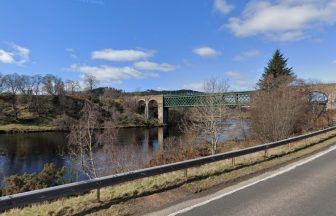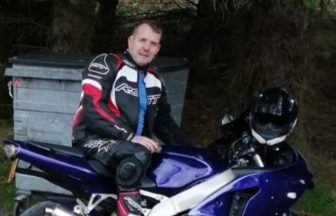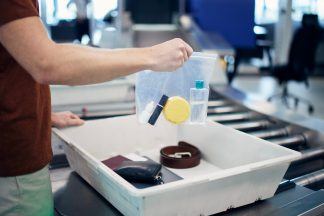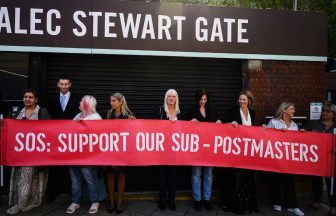Police Scotland will not investigate every minor crime as it rolls out a pilot scheme across the country.
The force has defended plans to move to a model of “proportionate investigation” for non-emergency 101 calls in a bid to free up an additional 136,000 officer hours.
Senior officers said it was already in use informally before the national force was set up in 2013, and would create “consistency of investigation”, despite criticism from some politicians.
It is expected to remove 10,500 “minor crimes” from being allocated to frontline officers nationally per year – such as missing garden ornaments or a damaged car bumper – if there are no lines of inquiry and no concern about “threat, harm, vulnerability or risk” to the caller.
The pilot – Proportionate Response to Crime – is described as a “national standard” rather than an “efficiency”, and was informally used by Lothian and Borders Police as well as others.
Between September and November last year, it was trialled in the north east for 12 weeks, which was heralded as a success and recommended to be expanded.
The model considers a range of factors when deciding if a crime should be “allocated” to an officer to investigate, or “directly filed” and logged on a system with the caller informed they may not hear back from police but encouraged to make contact again if new information emerges.
Prior to the pilot scheme in Aberdeen, Aberdeenshire and Moray, 72% of officers in the region reported they would regularly be allocated crime reports where no “proportionate lines of inquiry” existed, but after 12 weeks, 68% said they noticed a “positive difference” to their workload, and 56% felt they had more time to investigate crimes with more evidence.
A 5% increase in satisfaction from the public was also noted in February, at 70%, compared to November, when it was 65%, while an increase of 14% was recorded for people who felt they received an “appropriate response”.
During the pilot, an officer was deployed to reports of a broken window because the householder was considered vulnerable, and it was said crimes such as shoplifting and fraud were likely to remain delegated to police officers.
A suspect was identified after a mobile phone was stolen from a handbag in a park, with the caller initially advised the crime report would be recommended for closure due to lack of CCTV, however, the investigation was reopened when the location of the phone became visible.
For other low-level crimes facing no further action, the intelligence would be logged on a system to detail emerging crime trends.
Some 2.8 million people contact Police Scotland per year and statistics showed a workload increase of 50% was felt in call centres during the trial, rather than creating an increase for police sergeants.
Assistant Chief Constable Emma Bond said: “This is not about efficiency, it’s about us delivering the best service to members of the public.
“All crime matters to Police Scotland. This is not a policy of non-investigation, it is about delivering the best and most appropriate service that we can. This isn’t about saving money. This is not being driven by the financial context.”
The pilot in the north east was recorded as having freed up 2,657 police officer hours due to 472 crime reports being “directly filed”, and feedback from officers included that it was a “morale boost”.
An estimated 136,376 hours are estimated to be made available nationally using the model.
A total of 79% of crimes recorded during the 12 weeks of the trial – 1,400 reports – were able to fit the Proportionate Response to Crime model.
Ms Bond added: “If there are no active lines of inquiry it’s telling members of the public that, but the important thing is that people continue to report to us and allow us to use our expertise.
“This is absolutely not about Police Scotland not being fully committed.
“This is about having a victim-centred approach. Even if there’s no active lines of inquiry, we can reopen.”
Scottish Conservative shadow justice secretary Russell Findlay said: “The rollout of this dangerous scheme formalises the SNP’s surrender to criminals as official policing policy. That is not what hard-working officers signed up for.
“Officer numbers are at their lowest since 2008 and most crimes are not even reported. Doing nothing in response to thousands of crimes betrays law-abiding Scots. This is a good day for criminals and can only result in even more crime on our streets.”
Justice Secretary Angela Constance said: “Police Scotland have consistently stated that officers in the north east will continue to investigate all reported crimes, with every case fully assessed and given a proportionate response based on threat, harm and risk. Building and maintaining public confidence remains key to any change in approach.
“Despite deeply challenging financial circumstances, our Budget for next year includes record police funding of £1.55 billion – an increase of £92.7 million. Scotland continues to have more police officers per head of population than England and Wales and recorded crime is at one of the lowest levels since 1974.”
Follow STV News on WhatsApp
Scan the QR code on your mobile device for all the latest news from around the country


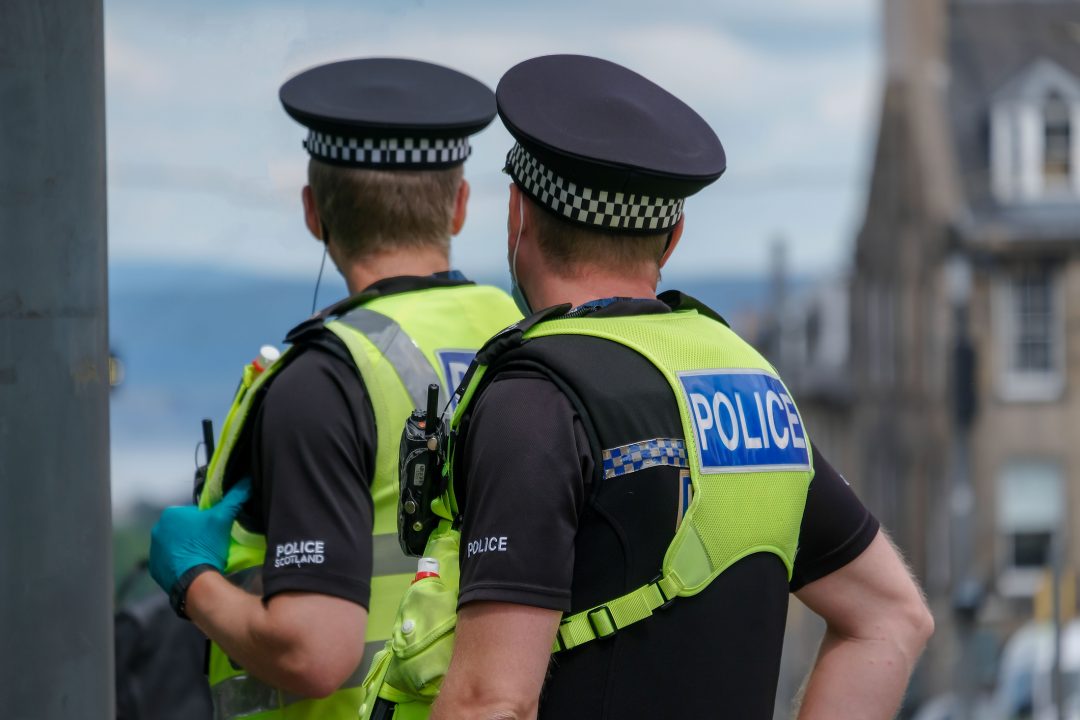 iStock
iStock
